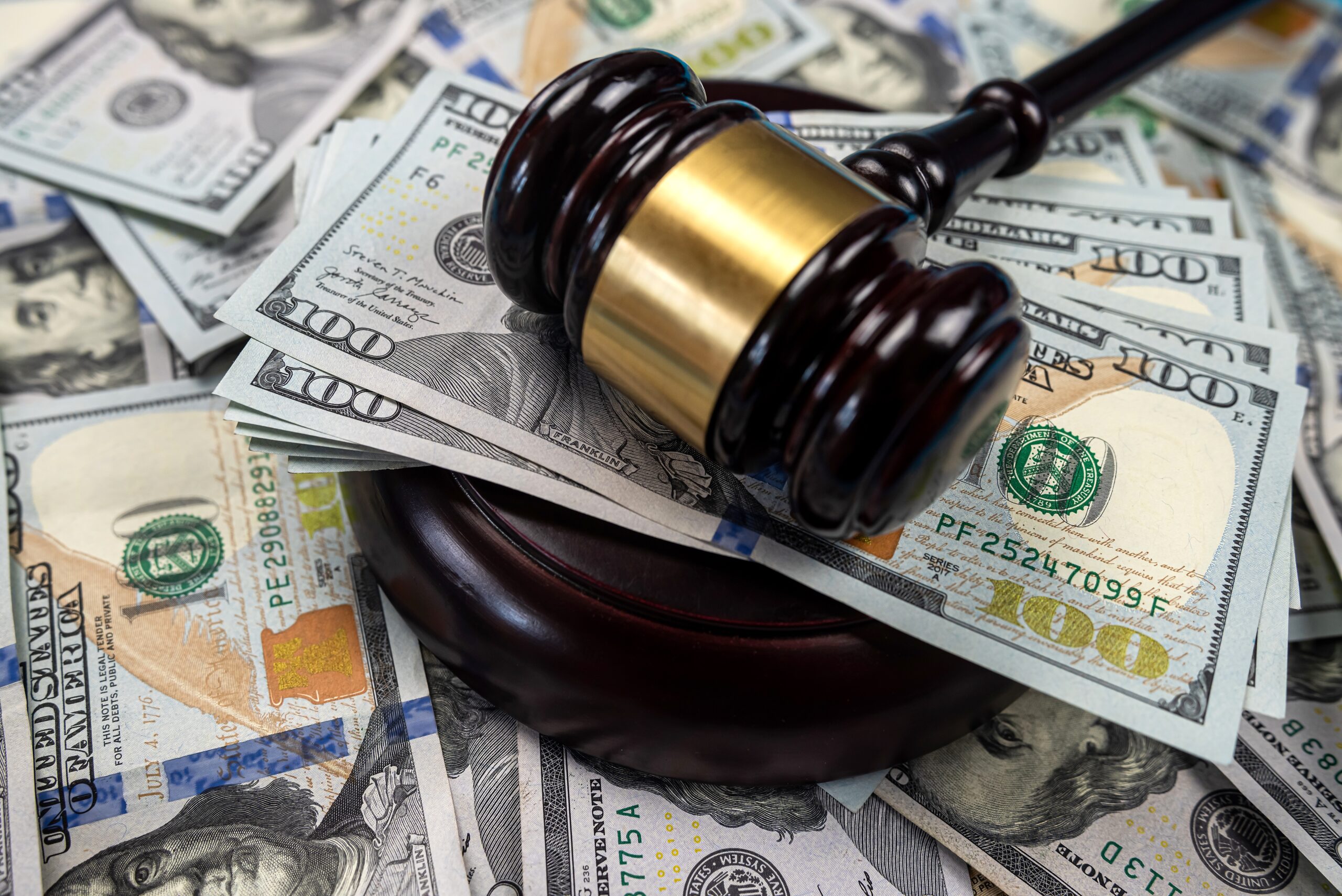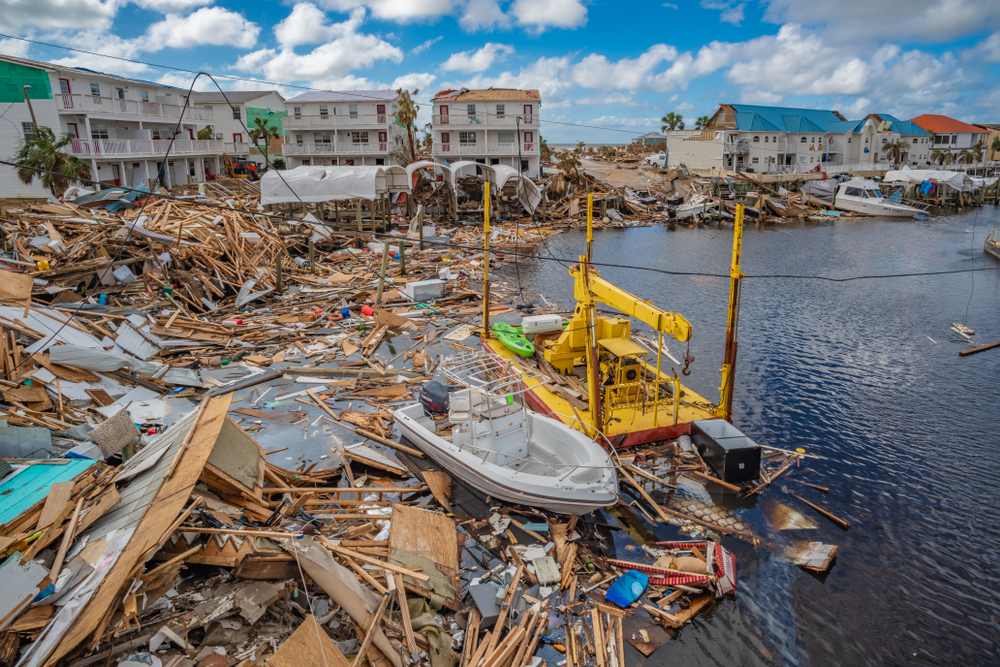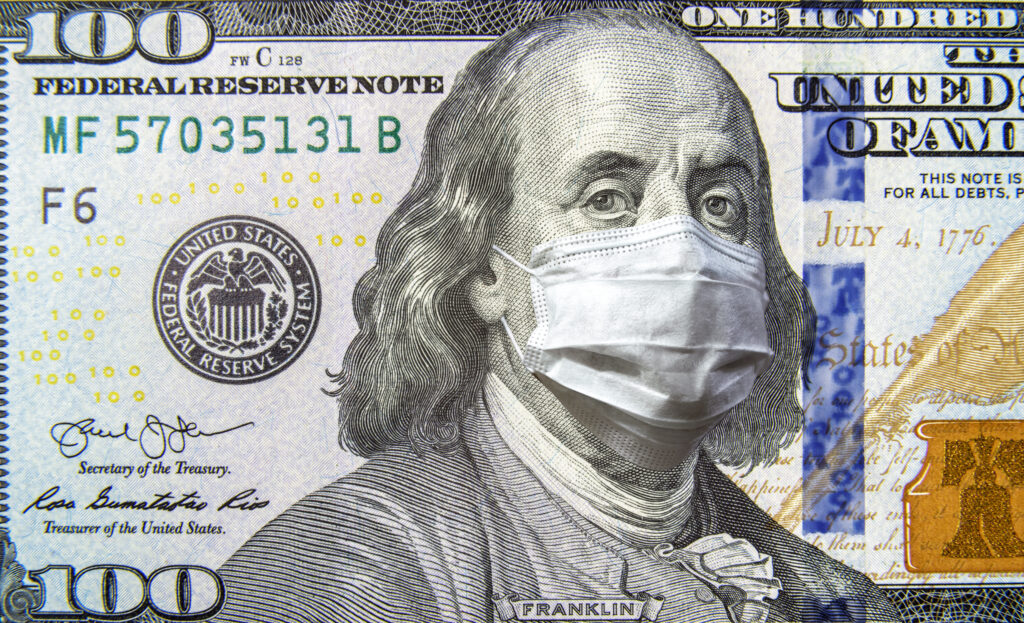When a business suffers damage from a major hurricane or storm, most or all of its losses should be covered by traditional property insurance. Although this kind of Hurricane Insurance is pervasive, navigating claims can be exceedingly difficult. And, given the advice the insurance industry gives about property insurance, it is no surprise that many policyholders are conditioned to minimize rather than maximize coverage. To maximize insurance coverage, businesses need to take certain steps.

Hurricane insurance is part of most traditional “All Risk” property insurance policies
A Hurricane Insurance Checklist for Business
After a hurricane or storm, businesses should take the following steps:
1. Give Notice to Applicable Insurance Companies. A business should provide immediate notice to its insurance carriers. In a worst case scenario, the lack of notice could result in losing all coverage. Coverage counsel can help you decide which policies may provide coverage so that proper notice can be sent.
2. Mitigate Loss; Preserve Evidence. Serious storm damage needs to be cleaned up immediately for both business and insurance reasons. For a business, it needs to get back to work. From an insurance perspective, a policyholder needs to mitigate its loss or risk. Ideally, the quick cleanup actions and immediate repairs will be coordinated with the insurance adjuster, as the insurance carrier is obligated to pay for those immediate repair costs. Sometimes, however, a business must act before the adjuster is available or willing to view the damage. In that situation, the business should preserve evidence through photographs and videos.
3. Keep a Record of Communications with the Insurer. Keeping a written record of communications with the insurance adjuster is important for two reasons. First, it will help you keep track of what both policyholder and the insurer need to do and make sure each side is on the same page. Second, it will make it harder for an adjuster to abandon an oral commitment made, which sometimes happens when that commitment ends up costing the insurer more than anticipated.
4. Fully Assess Damage and Hire Needed Experts. Although damage from a storm may seem obvious, there may be a lot more damage than is initially apparent. In order to maximize coverage, a business should make sure it assess all physical damage and lost business income it has suffered. That full assessment often means that a business must hire experts to help with the claim, including engineers, accountants, and coverage lawyers. Most or all of these expert services are covered under the insurance policy as well.
5. Don’t Miss Deadlines. Insurance policies contain numerous time deadlines that can be traps for businesses. For example, most policies contain a specific deadline, such as 60 days, to submit a sworn proof of loss to the insurer. If a business misses that deadline, it may lose coverage. Coverage counsel can help keep track of deadlines and obtain extensions as needed.
6. Request Partial Payments and Advances as Needed. Often, a business needs insurance funds for cleanup and repair before the insurer has made a final determination on the claim. In those situations, a business can obtain a partial payment or advance on its insurance claim. However, to avoid potential traps in these situations, such as when an insurer may seek a broader release than the scope of its payment, coverage counsel should be consulted.
7. Don’t Accept Less Coverage Than You’re Entitled. Full or partial denials of coverage should not cause a business to give up on its coverage. Without well-reasoned push back from policyholders, significant insurance proceeds are left at the table. Consult with experienced coverage counsel, and don’t accept no for an answer.
Maximizing Hurricane Insurance Coverage
Property insurance claims are difficult to manage. While Insurance industry jargon and insurance industry custom and practice have evolved towards minimizing coverage, the law and policy language typically favor a maximization of coverage. In the end, the most important part of any claim is to conduct a legal analysis of coverage.
For more on this topic, please see Property Insurance – The Value of a Second Look; What 17th Century Piracy Teaches Us About Property Insurance; Five Things You Need To Know About Property Insurance Part 1 (The Property Insurance Claims) Minefield), Part 2 (Presentation of the Claim), Part 3 (Insurance Company Accountants), Part 4 (Most Claims Settle), Part 5 (Know the Law); History’s Best Property Insurance Decisions (Fountain Powerboat); The Real Value of Property Insurance (Covering Business Income Loss).



